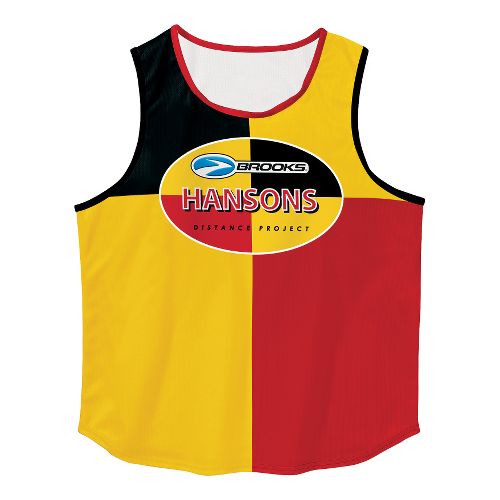Masters 35+ (cross Cat 1-4)So, I either had a Top Ten finish in a Masters 35+ race (not too bad), or I was more than half-way down the results (uh oh). Got me to thinking about how we measure "success" or what we look for when we tally up the ledger sheet at the end of the race day.
PLACE BIB FIRST LAST NAME TEAM
1 379 John Foley MTBMIND.COM
2 367 Mark Gunsalvs Bikebarn Racing.com
3 370 Jeff Molongoski Joe's Garage
4 375 Brant Hornberger Fitchburg Cycle Club
5 380 Michael Patrick Gary Fisher/Subaru/GU/Kenda
6 366 Ian Modestow Joe's garage
7 355 Matt Domnarski Horst-Benidorm-PRC
8 372 Wade Summers Horst-Benidorm-PRC
9 353 Gary David Minuteman Road Club
10 354 Dominique Desmonts Tokeneke Road Club
11 364 Jack Madden The Hub
12 373 Mike Spangenberg Cyclonauts
13 374 Christopher Evans NCC
14 368 Joe Rodrigues Cyclonauts
15 365 Patrick Brandon
16 371 John Slyer
I am currently involved in a research project looking at performance metrics for companies engaged in medical transcription. In a data-driven world, there are any number of measures that we can construct and contrive in an attempt to portray "what happened". Behind the veneer of any "objective measure" is a subject judgment that is made regarding what goes in and what stays out. When we think about "success" or "failure", we likewise enter into the same exercise. Is the glass half full or half empty?
Our humble MRC club is trying an experiment in our Wrentham CX race start staging using Colin R's crossresults.com as a way to line up. That should be interesting. I do not know the methodology Colin uses, I'm sure it is "sound" in a relative way and makes "sense" on some level. Kudos to Rob Bauer for trying to find an "equitable" way to line up the races. Given that the fields are not likely to rival the 80+ fields at a Verge race, the methodology probably won't matter too much in the end, but it will be an interesting experiment. But, again, it is just one measure among many that could be used.
I find it interesting how we become fixated on certain measures of success that are somehow meant to convey "success" or "failure" across experiences that are relatively individual. Was Palmer a success (Top 10) or a failure (bottom half)? These measures place me relative to other people who were there at the same time as me in the same race. However, were we in the "same" race? It was my third race of the weekend, I am lousy at technical stuff, my cleats were shedding dirt less well than others (making it more difficult to reclip), I had different people to pass at different moments, I had no team mates to ride with in my sub-group, etc., etc., etc. How are these variables factored into the ultimate equation of success and failure? Are these "factors" or "excuses"? How does a factor (something that has legitimate impact) became an excuse (something that has a diminished legitimacy)?
I was reading the blog of Christine Vardaros regarding her exploits in Europe, and the travails of Jonathan Page in regards to his team's "disappointment" with his "results." Christine just did a couple of races after experiencing two concussions. A factor or an excuse? Jonathan has been sick, as well as had some "bad luck" (factor or excuse?). I would say legitimate factors for sure, but how easy would it be to turn these things into excuses?
Even though we are racing at different levels, with different stakes, and in different geographies, we are all going through the same calculus of the end-of-the-day ledger sheet regarding success or failure, factor or excuse. But then we should also remember the ultimate equation: A day on a bike > a day not on a bike. When put in this perspective, having the chance to fail on a bike is better than not having that chance at all. I hate to say "We're all winners" because that always sounds hollow when I hear it at a race. Or, to paraphrase George Orwell, "We're all winners, some are just more winners than others." In a sense, though, maybe that is the most accurate way to look at it.
Was Palmer a success or a fail? Top 10 versus bottom half? The answer is: Yes.







